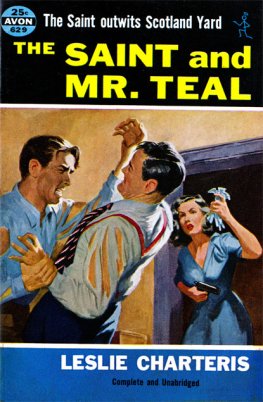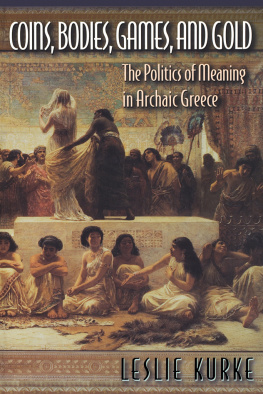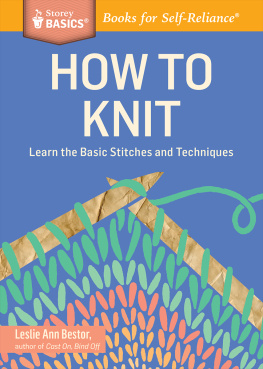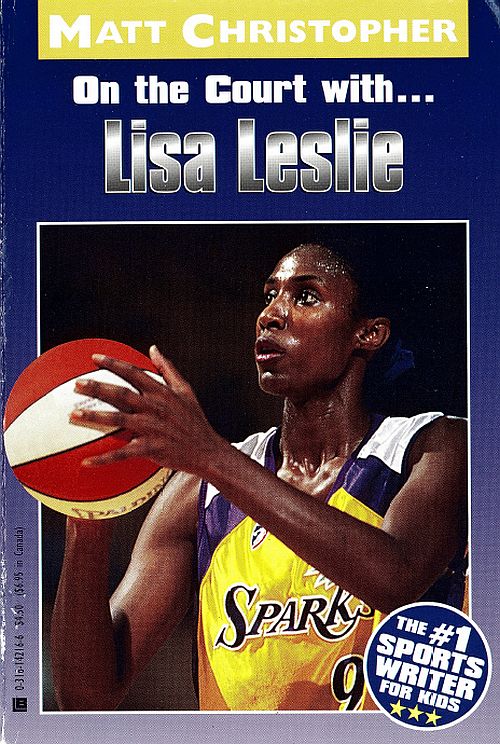Copyright 1998 by Matthew F. Christopher
All rights reserved. No part of this book may be reproduced in any form or by any electronic or mechanical means, including information storage and retrieval systems, without permission in writing from the publisher, except by a reviewer who may quote brief passages in a review
Hachette Book Group
237 Park Avenue
New York, NY 10017
Visit our website at www.HachetteBookGroup.com
First eBook Edition: December 2009
ISBN: 978-0-316-09396-5
Chapter One
Why dont you play basketball?
That was the last question twelve-year-old Lisa Leslie wanted to hear. She was just beginning the seventh grade in Carson, California, a city near Los Angeles, and she was already six feet, two inches tall. She wasnt very comfortable being so much taller than the other children her age. Nearly every day either a teacher or an older student walked up to her and, before they even said hello or introduced themselves, asked Lisa the same old question.
Why dont you play basketball?
Exasperated at being asked the same question over and over, Lisa often answered, Because I hate it! She was so tired of the question that she decided she hated basketball and never wanted to play.
Still, that didnt stop anyone from asking her if she played. In desperation, Lisa finally decided to give the game a try. She thought that if she did, people might stop asking her about it.
One day she went to the local playground, Victoria Park, which had some outdoor basketball courts. She asked the boys her age who played there if she could play, too. Since most of the boys were at least six inches shorter than Lisa, they were glad to have someone her height on their side. Despite the fact that she had barely played the game before, she was a good athlete and quickly learned how to rebound and block shots. And if she got the ball close to the basket, she was almost certain to score. None of the boys could jump high enough to block her shots.
To her surprise, she soon discovered that she enjoyed playing. She became friends with the other players at the playground and quickly improved. Now when someone asked her, Why dont you play basketball? she held her head up high and said, I do.
Later that fall, all the boys she played with at the playground joined a local youth basketball league that played at the park. One of the boys on the team asked Lisa if shed like to join them.
She thought for a moment, then said, Sure. There wasnt a separate league for girls, so if she wanted to play, she would have to play with the boys. She wanted to play, so she joined the all-boys team.
At the teams first game, Lisa started at center. Every time her team brought the ball up-court, Lisa stood under the basket waving her hands and asking for the ball. But time after time her teammates ignored her. They kept the ball to themselves and tried to make difficult shots.
The coach of Lisas team called a time-out. Her team was falling far behind.
Hey! the coach yelled at his players. What are you doing? Shes wide open under the basket! Give Lisa the ball!
Lisas teammates looked at the ground. Even though they knew Lisa was a good player, they were embarrassed to play in front of other boys with a girl on their team. But they were also embarrassed to be so far behind so early in the game. They realized that the coach was right. If they wanted to win, they had to play together as a team.
They went back onto the court, and when the referee blew his whistle, they put the ball into play. Lisa worked her way under the basket and waved for the ball. One of her teammates lofted a pass in her direction.
Lisa jumped up, caught the ball, and held it high over her head. The boys on the other team tried to jump up and knock it out of her hands, but they were too short and couldnt reach it. Then Lisa spun around, keeping one foot on the ground in one place so she wouldnt be called for traveling. She jumped and shot the ball toward the basket.
It rattled around the rim and then dropped through. Two points!
Lisas teammates cheered and slapped her on the back as she ran back down-court to play defense. As she remembered later, They got me the ball and we won.
Ever since that day, Lisa Leslie has gotten the ball every time she has stepped onto a basketball court. More often than not, her team has won. Playing the game she once hated has taken her all around the world, provided a college education, put her picture on the cover of fashion magazines, and given her the opportunity to earn an Olympic gold medal. Today, as a star player for the Los Angeles Sparks of the Womens National Basketball Association, she earns her living playing basketball. She is considered one of the best female basketball players ever.
Lisa is still approached by strangers who ask her questions. But now they dont ask her, Do you play basketball? Instead, they usually ask, Can I have your autograph?
The girl who hated basketball has come a long way.
Chapter Two:
Lisa Leslie was born on July 7, 1972, the second child of Walter and Christine Leslie. She grew up in Compton, California, a city near Los Angeles.
When Lisa was four years old and her older sister, Dionne, was nine, their parents split up. Walter Leslie left home, never to return. All of a sudden, Christine Leslie was alone, a single mother with two young daughters to take care of.
Christine Leslie was proud and hardworking. She promised herself to do the best she could to take care of her children. She got a job with the post office as a letter carrier. While she worked, Lisa and her sister stayed with a baby-sitter when they werent in school.
Life wasnt easy for Christine, but she didnt complain. After walking miles each day delivering the mail, she came home and spent time with her children. She took care of the house, made sure that both girls finished their homework, and did her best to see that her daughters were happy and healthy.
Both Dionne and Lisa were tall even when they were very young. When Lisa was in second grade, her teacher, who was five-foot-two, called her mother and said, I was wondering if you knew your daughter is taller than everyone in the class, including me.
Christine Leslie just laughed. Everyone in Lisas family was tall. Walter Leslie was six-foot-five, and Christine was six-foot-three. Both parents had played basketball in high school. Walter Leslie had been so good that when he was a young man, he had even earned extra money playing for a local semiprofessional team.
Christine knew what it was like to be the tallest girl in her class. While she was growing up, she had often been teased. It had been a painful experience, and for a long time she had been embarrassed by her height.
She wanted to make sure that neither of her daughters ever felt the same way. She stood tall and took great pride in her appearance. Every chance she had, she told the girls that they were beautiful and intelligent and that if they worked hard, they could accomplish anything they wanted to. She told them that being so tall was a sign that they were descended from African royalty and that they should feel honored. Her favorite saying was Being tall is nothing to be ashamed of.
When she bought the girls new school clothes at the end of each summer, she held a pretend fashion show so theyd feel good about themselves. She taught them how to walk like fashion models and turn around to show off their clothes. Then the girls would dress in their favorite outfits and model for their mother and her friends and relatives.







